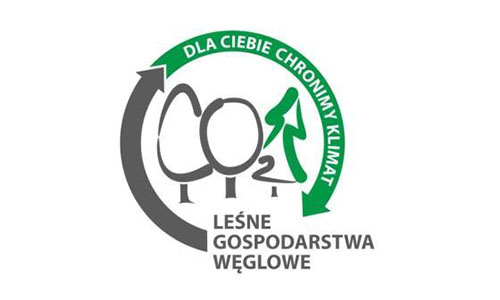The Budimex Group's demand for fuels and energy results from:
- production of bituminous mass,
- operation of construction equipment, transport of materials, raw materials and waste,
- use of company cars.
Carrying out investments is closely connected with energy consumption and emissivity. Impact of the consumption of fuels and energy depends on the nature of a given project, where equipment is modernised and replaced with more economical and ecological one, educational activities are performed aimed at encouraging employees to use the fuels and energy reasonably. Energy consumption is also reduced in Budimex offices, in the form of energy-saving lighting, computer hardware (100% of computers with Energy Star) or office supplies with ecological signs. We reduce fuel consumption in cars and delivery vans, trucks and working machinery. One of the ways of restoring the balance of environmental impact is constituted by the purchase of so-called green energy, generated in hydro power stations.

